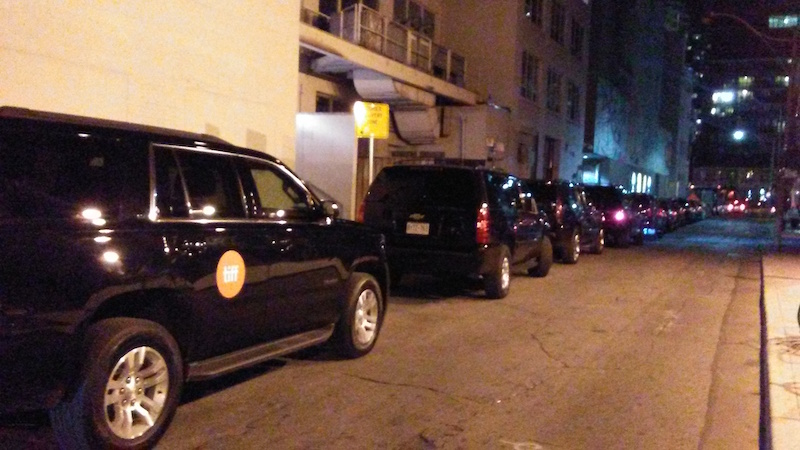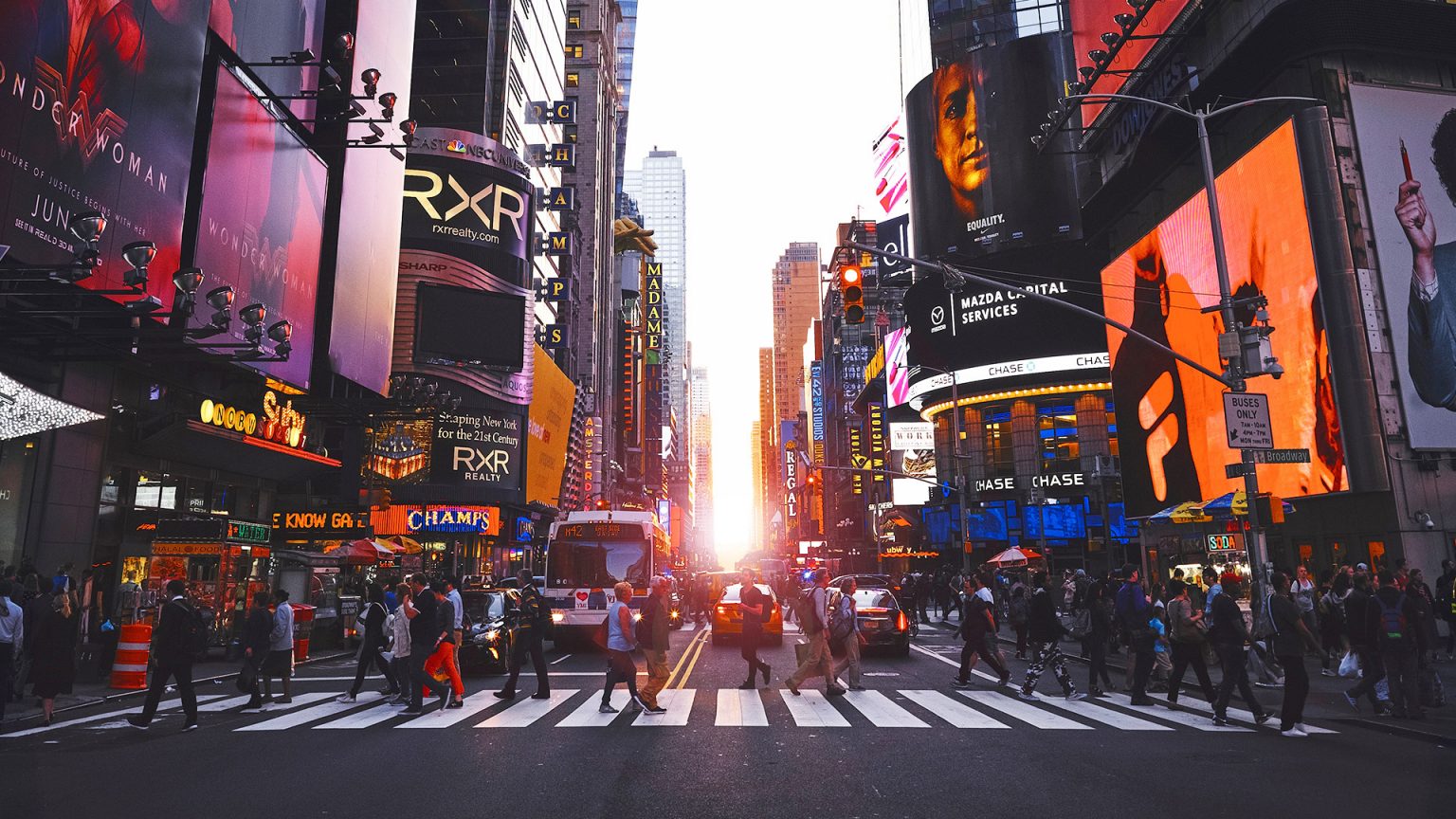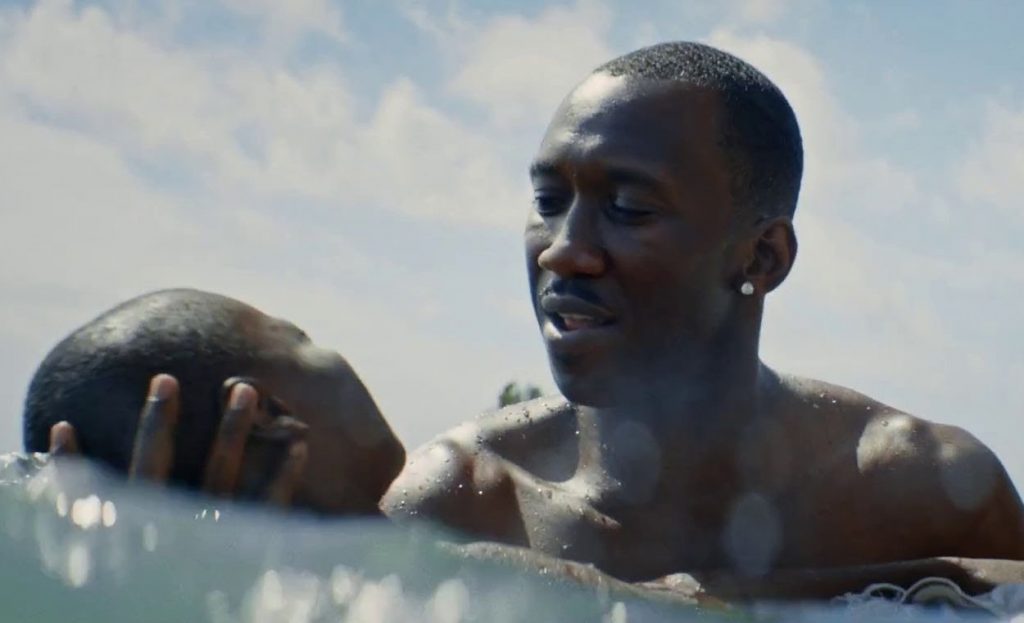It had been a long time since I traveled very far to a film festival, and the last time I was in eastern Canada for one, my travel companion was more interested in chewing up the catalog (i.e., teething) than allowing anyone to chew over it. Life can be more interesting than the film, or so I’d convinced myself in the fifteen years since I last visited Toronto International. In the intervening decade, the “Toronto” of Bloor and York Streets transfigured into the TIFF of King and Queen—and the millennials had learned the driving force behind human behavior is not eros or Thanatos but actually something more monetizable and mundane: fear of missing out.
This is one of many reasons why I found myself in a line fifty-people deep and FOMO-ing at the mouth, sleepless after a red-eye flight across a continent, anxiously awaiting the go-ahead to purchase a ticket to a film that I would with one-hundred-percent certainty have seen in the comfort of a local movie theater when it made its eventual theatrical journey to my hometown. As festival regulars know, I wasn’t waiting to watch a movie this far away from home, I was waiting for a golden ticket to a peak experience. Fueled by the adrenaline rush line, waiting as a member of the paying public with the other badge-less film fans, just getting to the moment of ticket purchase is a win. When as deliberately crafted and heart-achingly moving a film as Barry Jenkins’ Moonlight is the one you are paying to see, it is, yes, “worth it.” But the quality unique to TIFF, the one thing I would travel this far to experience, is that the Q&As are in and of themselves worth the price of admission. And when the Q&A moderator takes a question about sound design from the audience and then says something like, “Wait, is that you, Jonathan Demme?” you have reached that low-oxygen euphoria moment.

Filmmaker Jenkins may himself have been feeling somewhat the same way on his end of the microphone when the standing ovation was lighting up. “That’s a first!” he told the audience. This is surprising, given the lavish praise the film has been receiving elsewhere. But the part of this report where the film critic says “In a film about….” I will leave to others, as we have long been living in the age of mechanical reproduction, and the proliferation of the “words about” can so easily be thought to replace the “experience of.” I will speak about how—after watching scenes that used sound, image, music, acting, dialogue, and story in thoughtful and innovative ways to offer an audience new ways to think about the world—the Q&A, with half a dozen of the actors and director in person, delivered on the “richness” quotient in a way that no VR recreation ever could.
And what did we learn there? We received in-person proof that what’s great about this Miami-set coming-of-age film showing three pivotal moments in three decades of one African-American man’s personal growth came from the director’s careful planning—from a script based on a friend’s play, to the effects of “chopped and screwed” music issuing emotional cues under key scenes, to a shooting schedule that, though condensed, allowed actors the space to experiment with non-verbal expression as opposed to powering out words under pressure. We learned that Claire Denis is Jenkins’ biggest inspiration in her liberal use of sound. We learned that actor Mahershala Ali, who plays Juan in the film (and also House of Cards’ Remy Danton), along with the aforementioned director Demme, are Jenkins’ biggest fans. And we learned the three things Jenkins himself learned from the project: Work with friends, trust the talent, and write what you know. (howefarmstn)
‘Moonlight’
What I myself was mostly feeling after one long night’s journey to Moonlight and daybreak was reflective on the audience’s process. Experiencing a film in a public setting like this, with cinephiles clambering up the seemingly endless escalators of the Bell Lightbox to get to seats, struggling together before the first minute of the film plays, is one of the only ways that the medium can give itself a chance to survive. The mental/physical/emotional workout of a festival viewing experience is how we build stories of transcendence about watching that will sustain a film through its lifetime and create a lasting impression that it’s must-seeable—whether at a faraway festival, or in a comfortable setting close to home, or via a personal device on a train. If film as a culture of watching moving images, reacting to them, and sometimes transforming because of them is too often said to be dying in an overheated digital climate, we can think of festivals as the way we get its heart pumping again.





